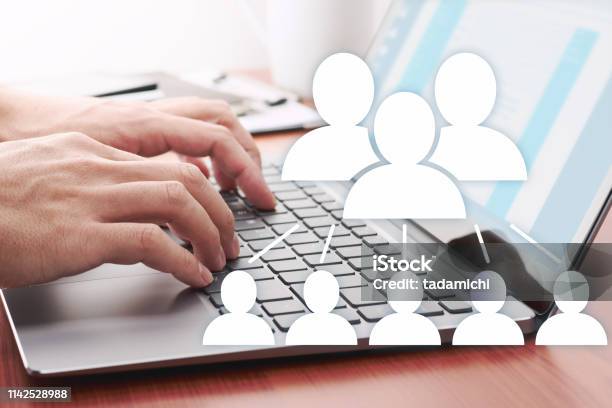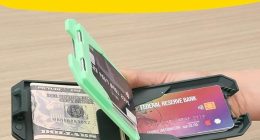Saving Money as a Self-Employed Person
If you are leaving a normal wage or salaried work, make sure you have enough money to cover your living needs for 6 months to a year, including at least $1,000 for an emergency fund.
• Make changes to your monthly and annual budgets. If you are currently not earning any money from your freelance or entrepreneurial endeavors, you must decrease expenditures someplace. If you have a partner or spouse, go over your budget with them and make personal and joint financial plans. If you live alone and cannot afford to live alone at your current address, get a roommate or hunt for a cheaper location to live before developing a new financial plan.
• If you are receiving some type of income during self-employment (inheritance, retirement pensions, disability payments, part-time work, etc.), prioritize mortgage/rental payments, utility bills, insurance, and food bills. Anything left over should be placed in your savings account so you do not spend the rest.
• If possible, pay a year (or two’s) rent or mortgage ahead of time. If finances become tight then you will at least have a roof over your head. Also, look into cheaper, smaller homes, townhouses or apartments, if necessary.
• If you are a renter, look into rental insurance. If you lose anything due to fire, theft or flood, your items can be replaced.
• If you have not done so yet, cut any unnecessary expenses such as cable/ satellite TV, landline phone service, extra cellphones of any kind and magazine subscriptions. However, if you need any of these services, assess what you need as opposed to what you want and shop for cheaper brands or more economical packages.
• Do not unnecessarily run up electricity/gas/oil and water/sewer costs. You want to show due diligence in how you use your home’s utilities.
• Sell your vehicle(s) if you can. Use public transportation, walk or bicycle to your destinations.
• If you must own a credit card, please own one and only one with a low credit limit (less than $2,000, preferably less than $1,000). Use the credit card for large expenses only such as reserving hotel/motel rooms. Always pay your balances in full and on time every month.
• Use cash (preferred) or debit cards for your grocery shopping, entertainment and clothing purchases. You will know that your items will be paid for in full with no interest (or other bills) accruing. Additionally, buying items in bulk such as toilet paper, paper towels and non-perishable food items will save you money and commute time. When you buy perishable food items, purchase only what you need for the time being or freeze them for future use.
• Do not make purchases impulsively. Shop with a list and the budget for that day’s shopping trip. Avoid purchasing items such as lottery and raffle tickets, vending machine items, fundraising group items and fast food from gas stations or convenience stores (All these items cost much more than what you can make from home or regular grocery stores. Plus, games of chance are simply gambling and since you are usually limited on funds to start out your self-employment, you do not want to waste your money, anyway).
• If you are married or living with a domestic partner, use a joint checking account to pay your utility bills and other home expenses. If you are single and living alone, use a separate checking account to pay your bills and home expenses. Ideally, you want to keep these transactions separate so you know your bills will be paid in full and on time.
• If you are married or living with a domestic partner, use separate personal checking and savings accounts for purchases. If you wish to pool funds, in any way, whether for business expenses or bequeathing funds upon the death of a partner/spouse, please obtain all pertinent information in exact detail in writing and with legal counsel to notarize. You want to make sure that in the case of divorce/separation that y
ou receive what is yours.








